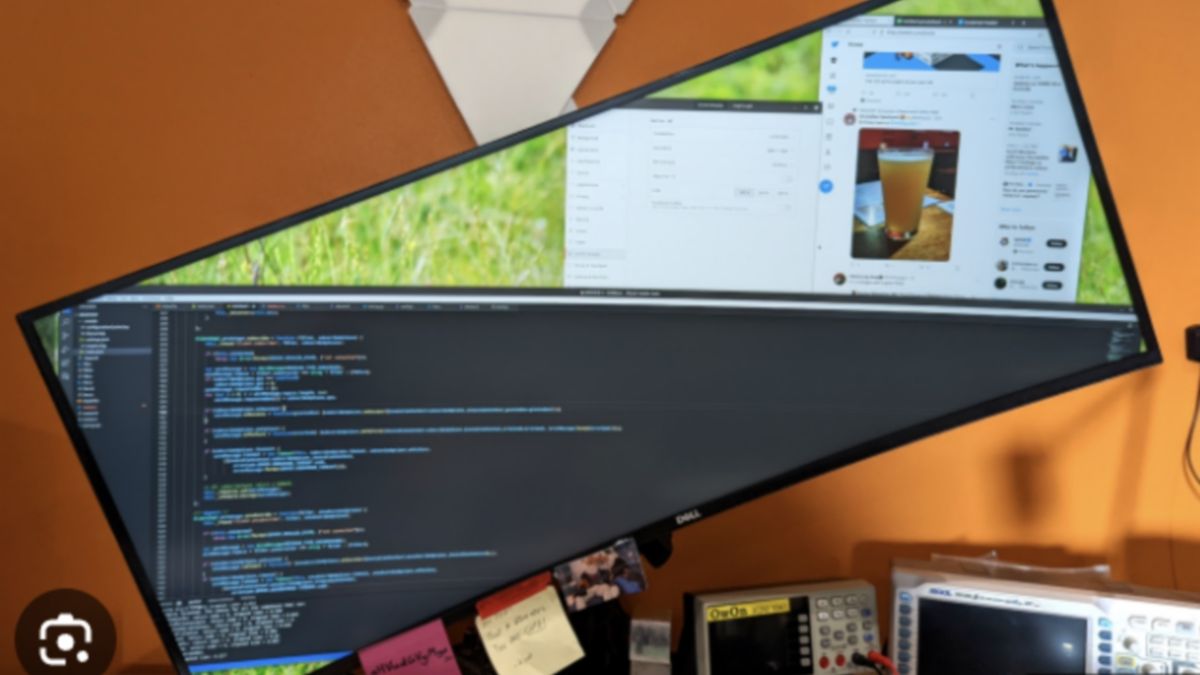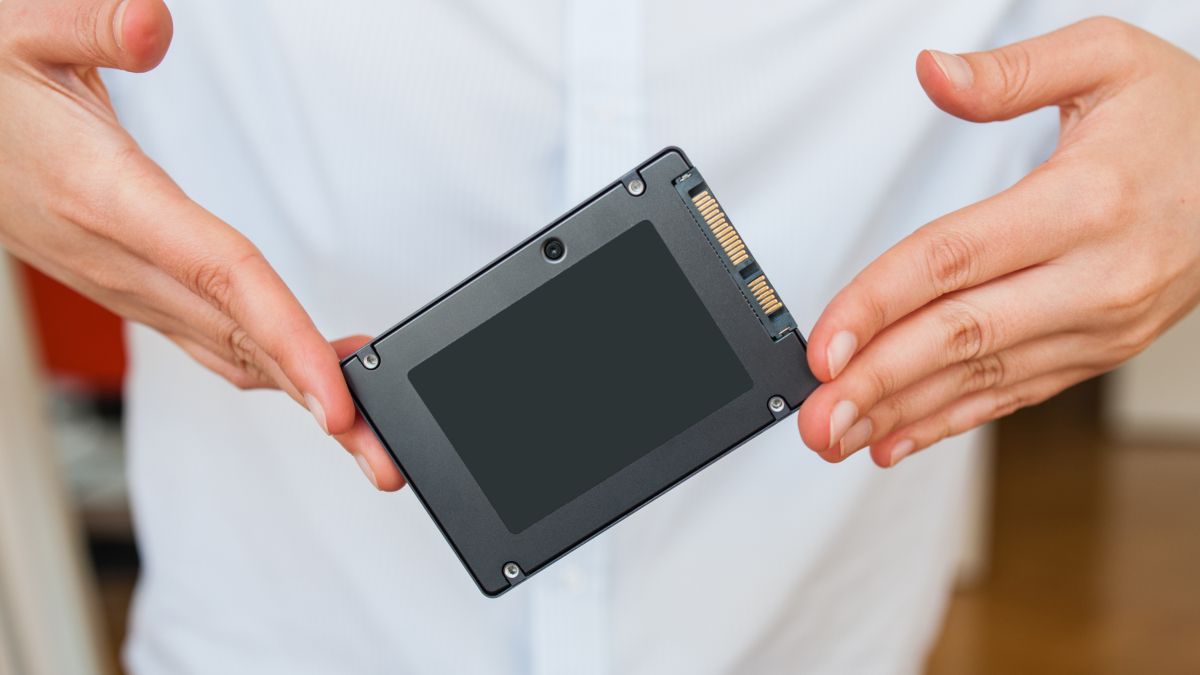The latest Linux craze: using your monitor diagonally

How do you like to position your PC monitor when you work? Horizontally or vertically? Believe it or not, there is an alternative: put the monitor diagonally, something you can only do in Linux.
For decades, PC users have placed the PC monitor on their desk, in horizontal position. It is the most logical, because we read and write horizontally, and the screen in this position allows the use of longer lines.
There are also users who use the monitor vertically, mainly graphic and mobile app designers, or writers. But we had never seen this before: One developer proposes using the monitor diagonally.
Advantages of using a diagonal monitor
The developer xssfox assures that It is better to place the monitor diagonally when entering code or writingas you can see in the opening photo of the news.
The trick is to rotate it until the diagonal of the monitor is completely horizontal. In the case of its ultrawide monitor, which has a 32:9 aspect ratio, the perfect swivel angle is 22 degrees. But it changes with each monitor size. Why do it like this?
The rectangle that forms the panel of a monitor is two equilateral triangles joined by their hypotenuse. This hypotenuse is the diagonal of the monitor, and according to the Pythagorean Theorem, the hypotenuse is longer than either side.
This mathematical explanation tells us that the diagonal of a monitor measures longer than its longest side. Therefore, if we place it diagonally, in a central part of the screen, we can write longer lines of code and text. You don’t have to make as many page breaks, and it’s possible to see more text at once.
It is a rather curious theory, although it still seems impractical to us. But some go further, and even propose designing apps diagonally…
For now, the only operating system that allows the monitor to be placed at any angle is Linux. Windows and macOS only support positioning it vertically or horizontally.
The idea of working with the monitor diagonally is very curious, but we don’t think it will be very successful. The benefits are quite dubious.



